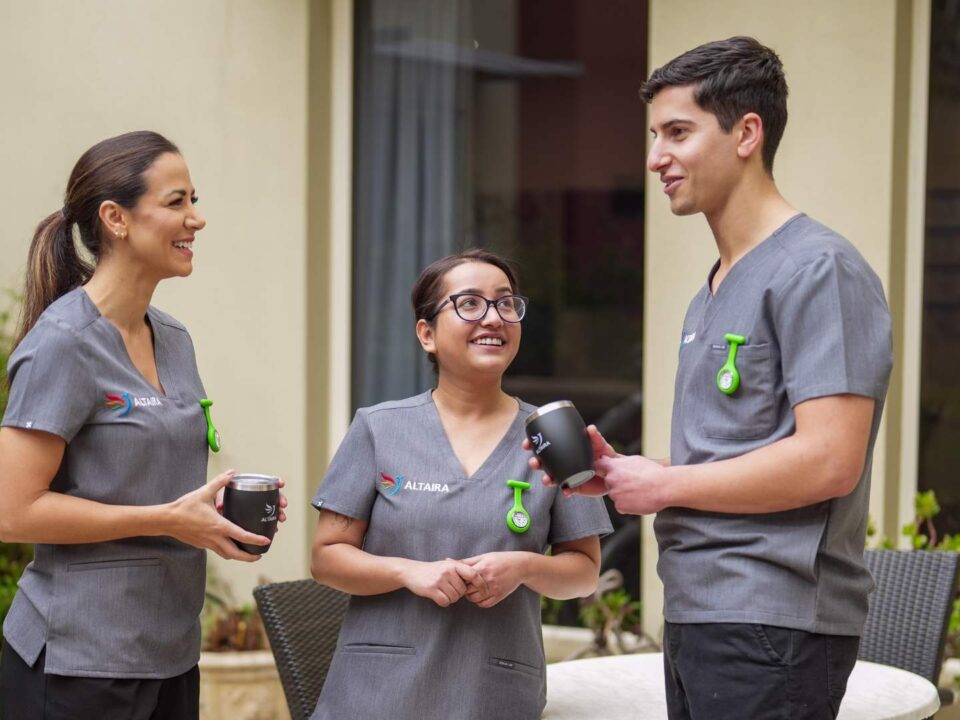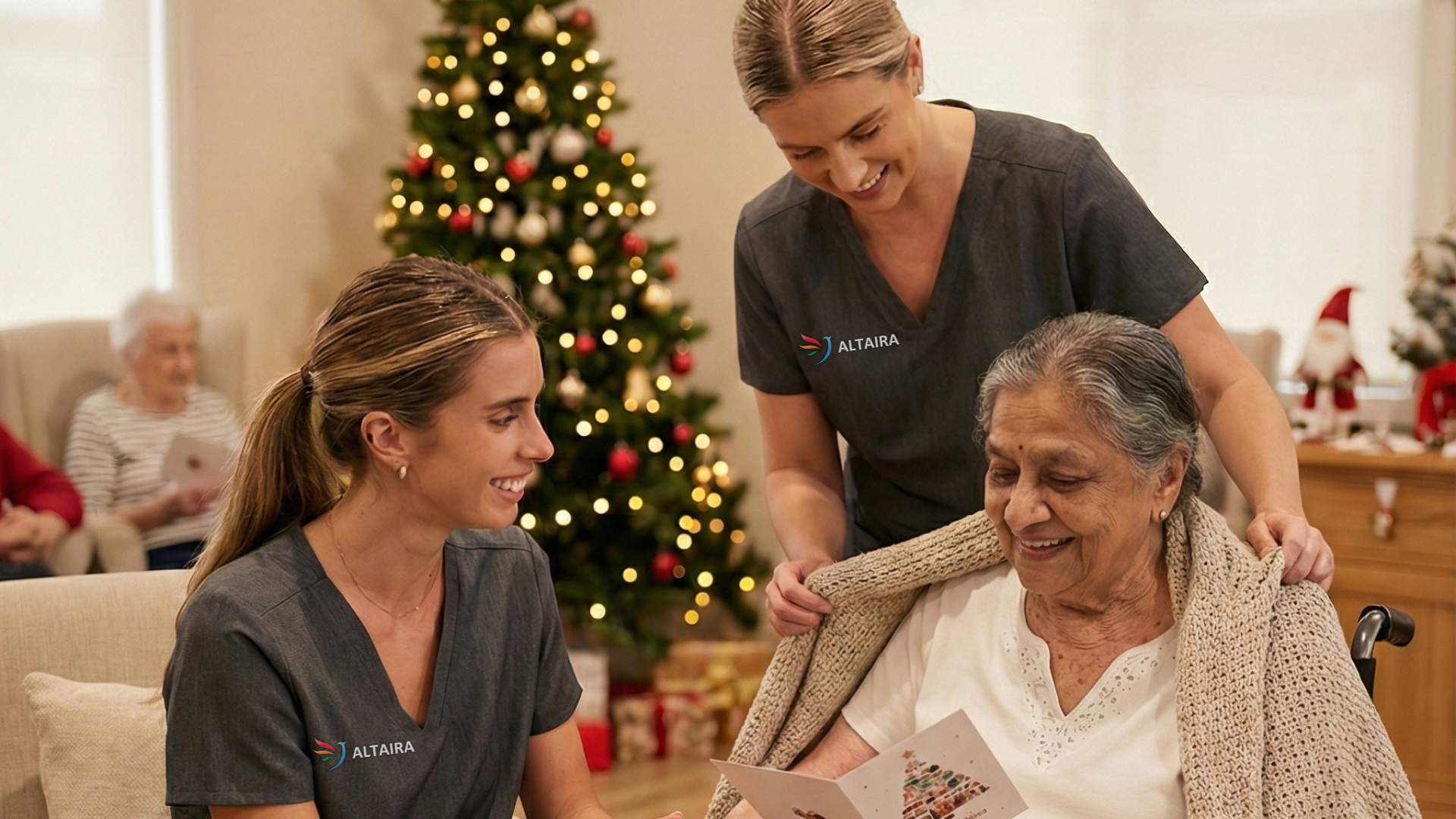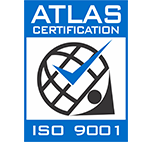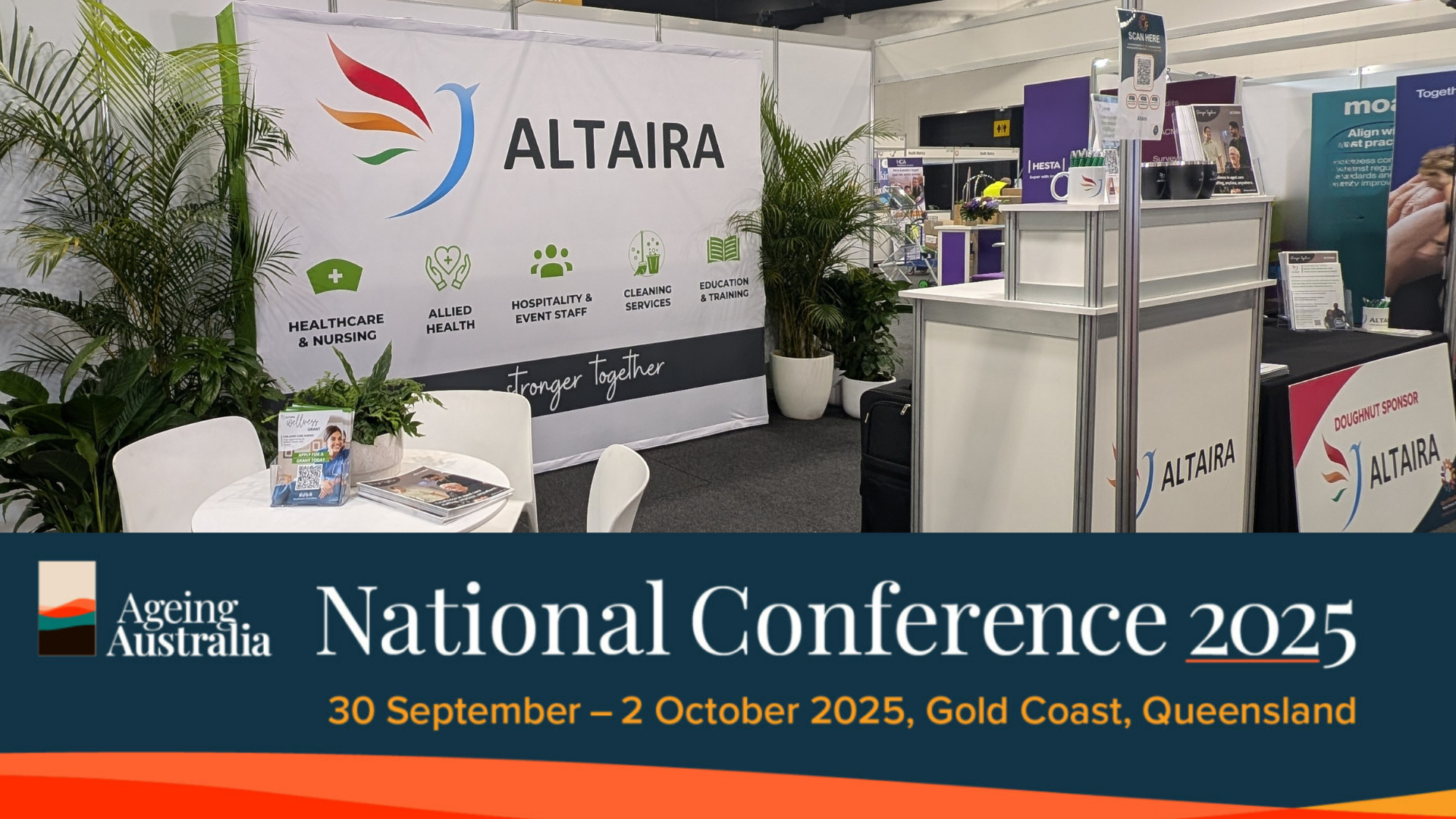
See you at the Ageing Australia National Conference!
September 4, 2025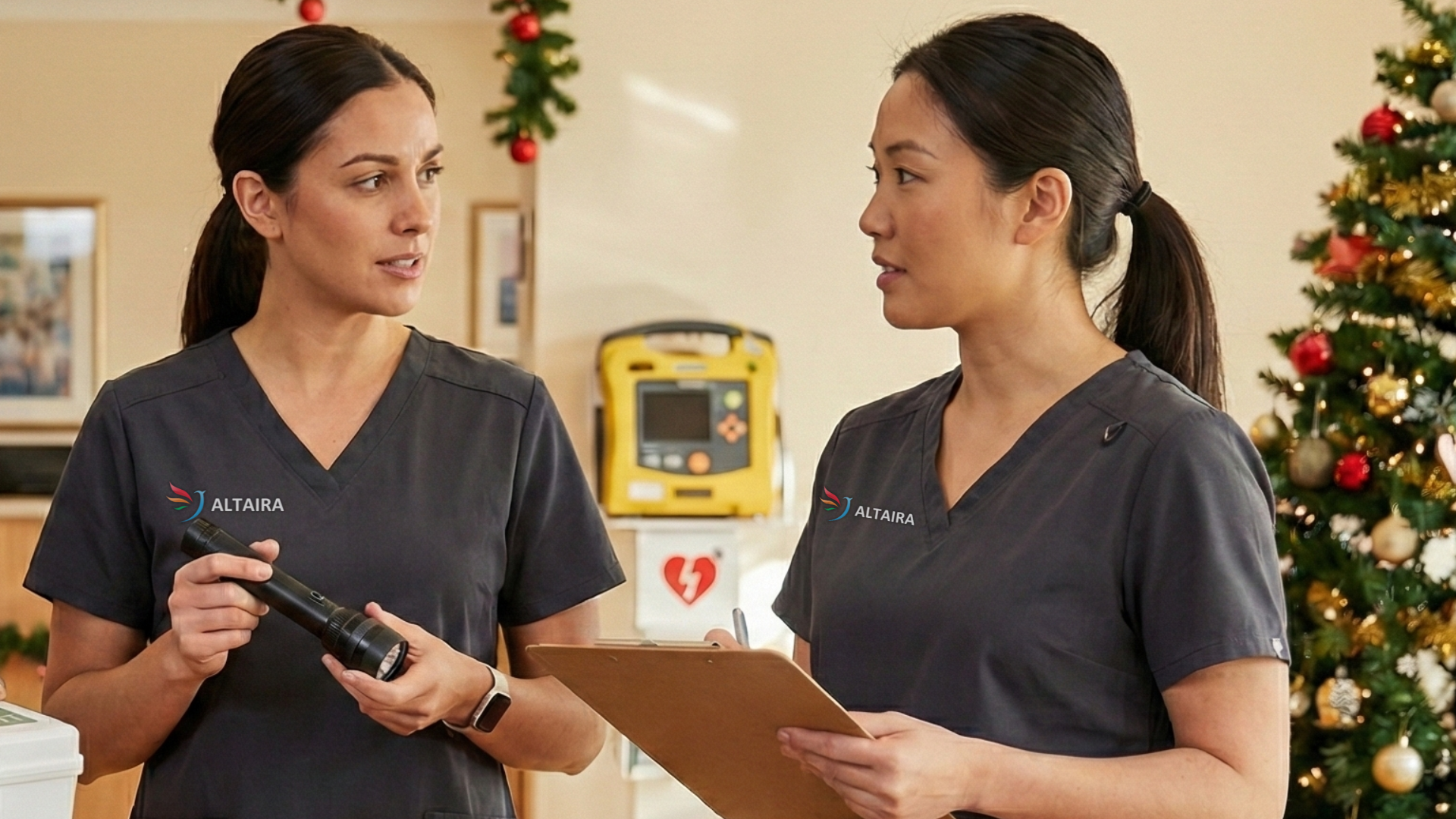
Staying Ready: Holiday Season Emergency Preparedness for Aged Care Nurses
November 26, 2025The Importance of Multidisciplinary Teamwork in Aged Care
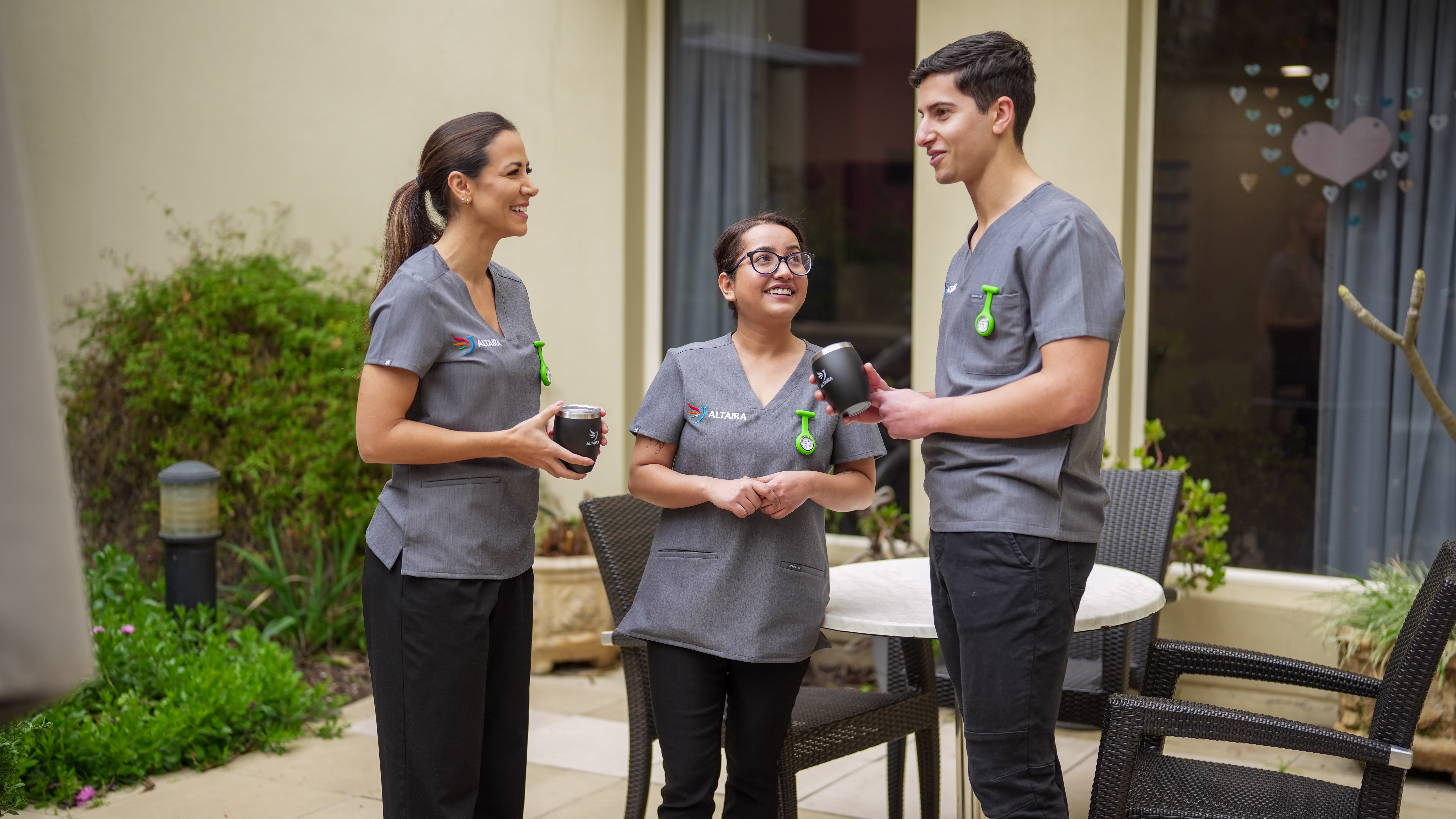
Transitioning into aged care as a graduate nurse can feel both a mixture of rewarding and challenging. Unlike acute care settings where treatment may be short-term, aged care is revolved around supporting residents to live with dignity, independence, and quality of life, generally over a long term period. Achieving this is not the responsibility of one profession alone — it requires a strong, collaborative multidisciplinary team.
In aged care, residents often live with multiple health conditions like as dementia, diabetes, mobility challenges, or chronic pain. Meeting their needs requires expertise that extends beyond any just one field. Nurses, physiotherapists, occupational therapists, dietitians, speech pathologists, general practitioners, all contribute to a resident’s wellbeing.
When professionals from each filed communicate and work together, care becomes more holistic. For example, a resident recovering from a fall may need physiotherapy for mobility, nutritional support to aid healing and nursing input for wound care. No one professional could address all of these needs in isolation — teamwork ensures nothing is missed.
Benefits for Residents
Holistic care: Residents are supported physically, emotionally, socially, and spiritually.
Improved outcomes: Collaboration helps prevent complications, such as malnutrition or further falls, by addressing underlying causes early.
Resident-centred approach: Team meetings and care planning give residents and families a voice, ensuring their preferences and goals are respected.
Consistency: When the team communicates well, residents experience smoother transitions between services and less repetition or confusion.
Benefits for Health Professionals
Shared knowledge: Graduates and new nurses can learn from experienced professionals across various fields, building confidence and competence.
Reduced stress: No single person is expected to “know it all.”
Professional satisfaction: Seeing positive outcomes from collaborative care reinforces purpose and pride in your own individual role.
Key Skills for New Nurses
As a new nurse or allied health professional, you can contribute to effective teamwork by:
Communicating clearly: Share observations, ask questions, and provide updates in handovers or team meetings.
Respecting each role: Recognise the unique expertise each team member brings and value their input.
Staying resident-focused: Always bring discussions back to the resident’s needs, goals, and preferences.
Being proactive: If you notice changes in a resident’s condition, communicate early so the team can act.
Multidisciplinary teamwork in aged care is more than just good practice — it is essential to delivering high-quality, person-centred care. As you begin your career, embracing collaboration will not only benefit your residents but also strengthen your own professional development.
By valuing every voice in the team and keeping the resident at the centre of decision-making, we can create aged care environments where older people feel safe, respected, and supported to live meaningful lives.
Multidisciplinary teamwork is at the heart of quality aged care. At Altaira, we support nurses at every stage of their career to work collaboratively to provide residents with the best possible care. Explore our employment opportunities here: https://www.altaira.com.au/nursing-jobs/


